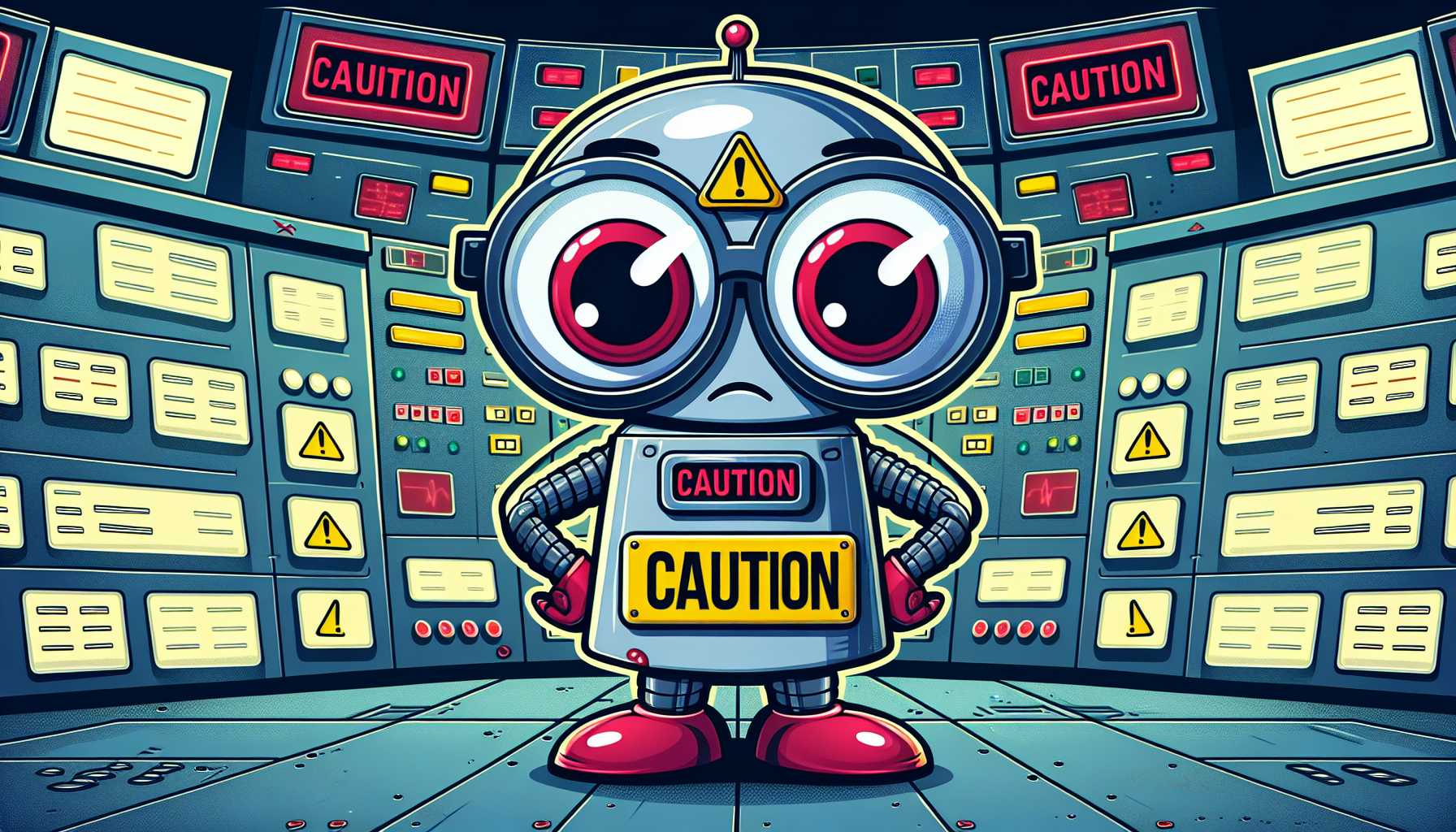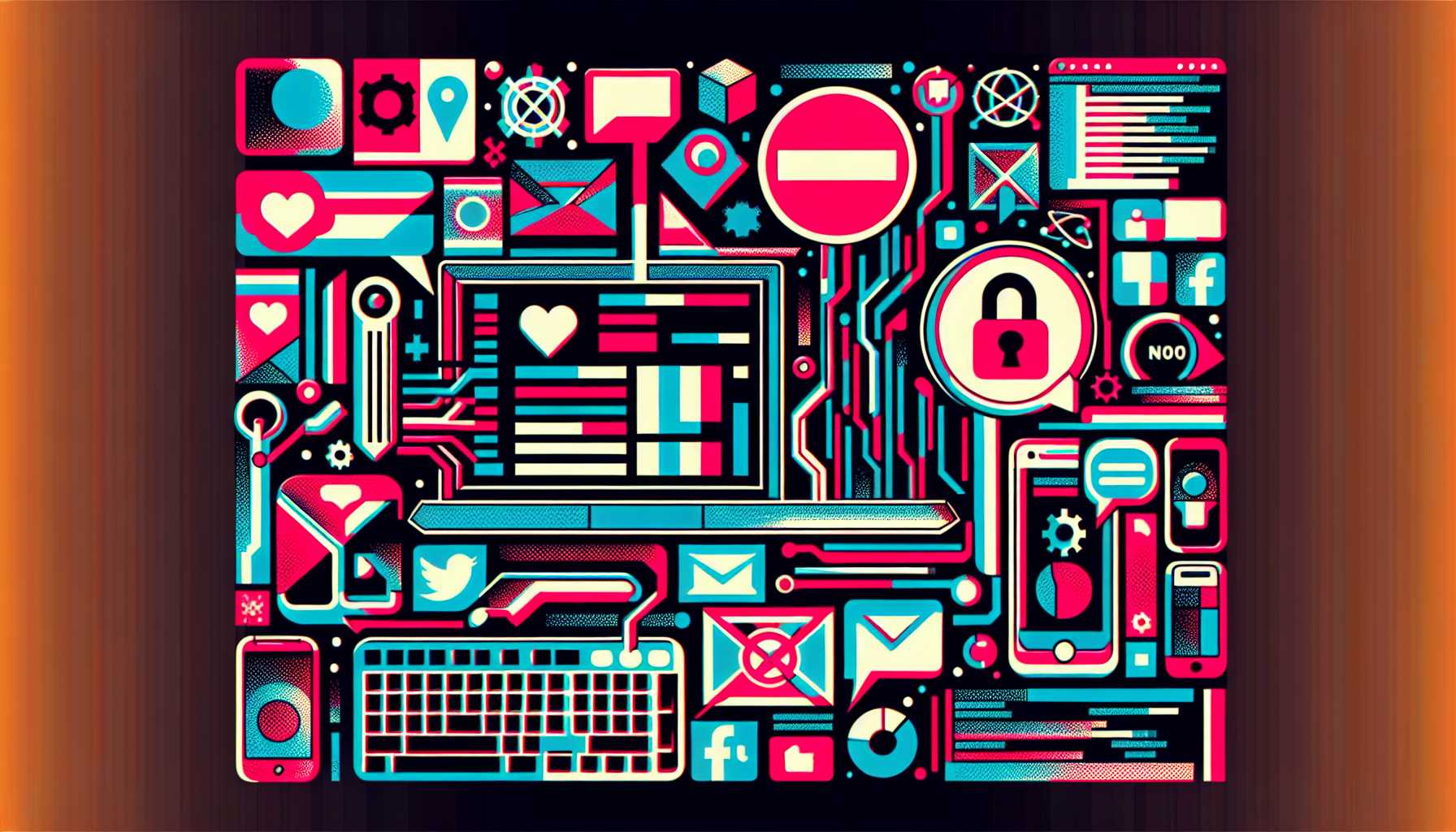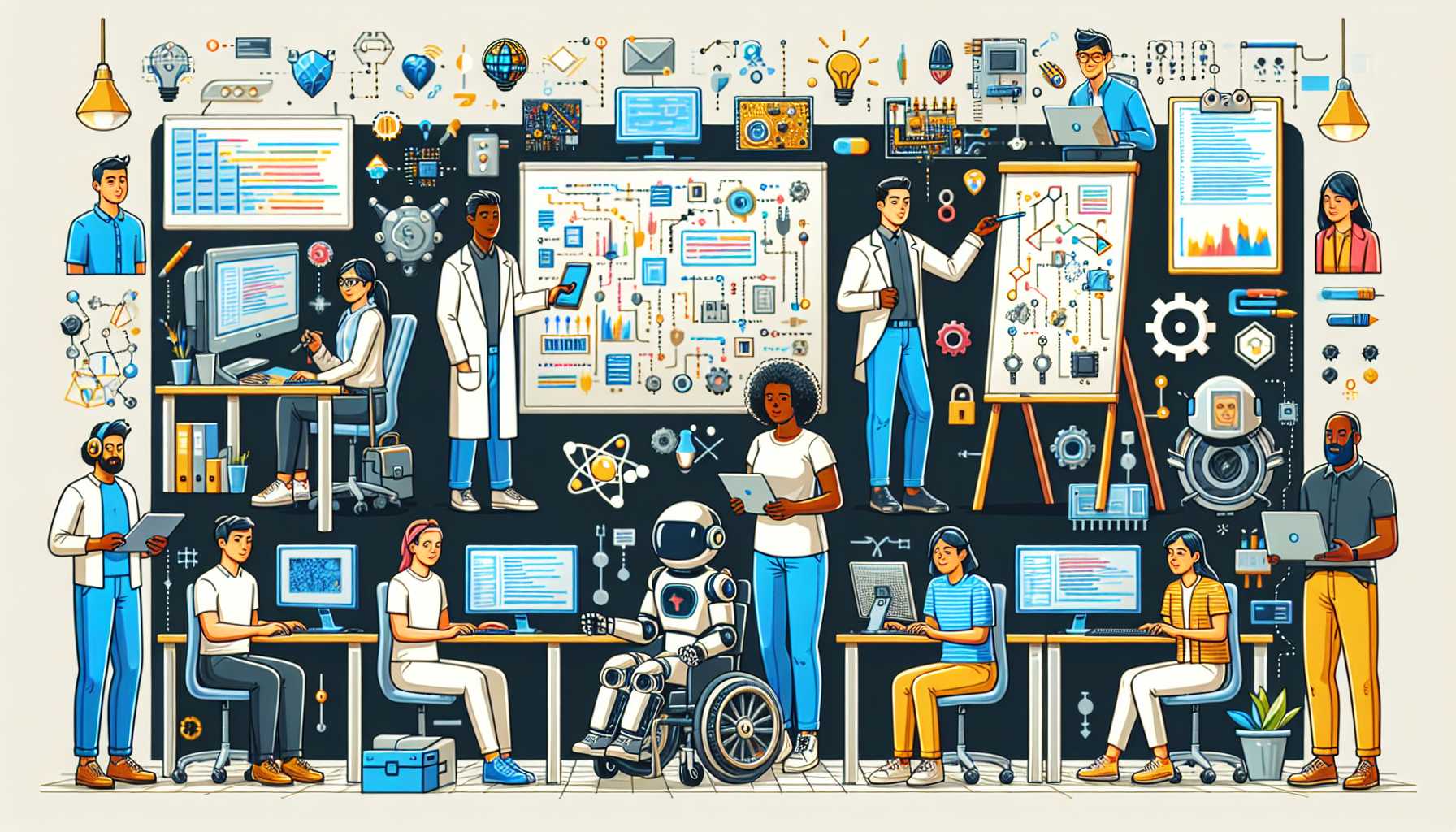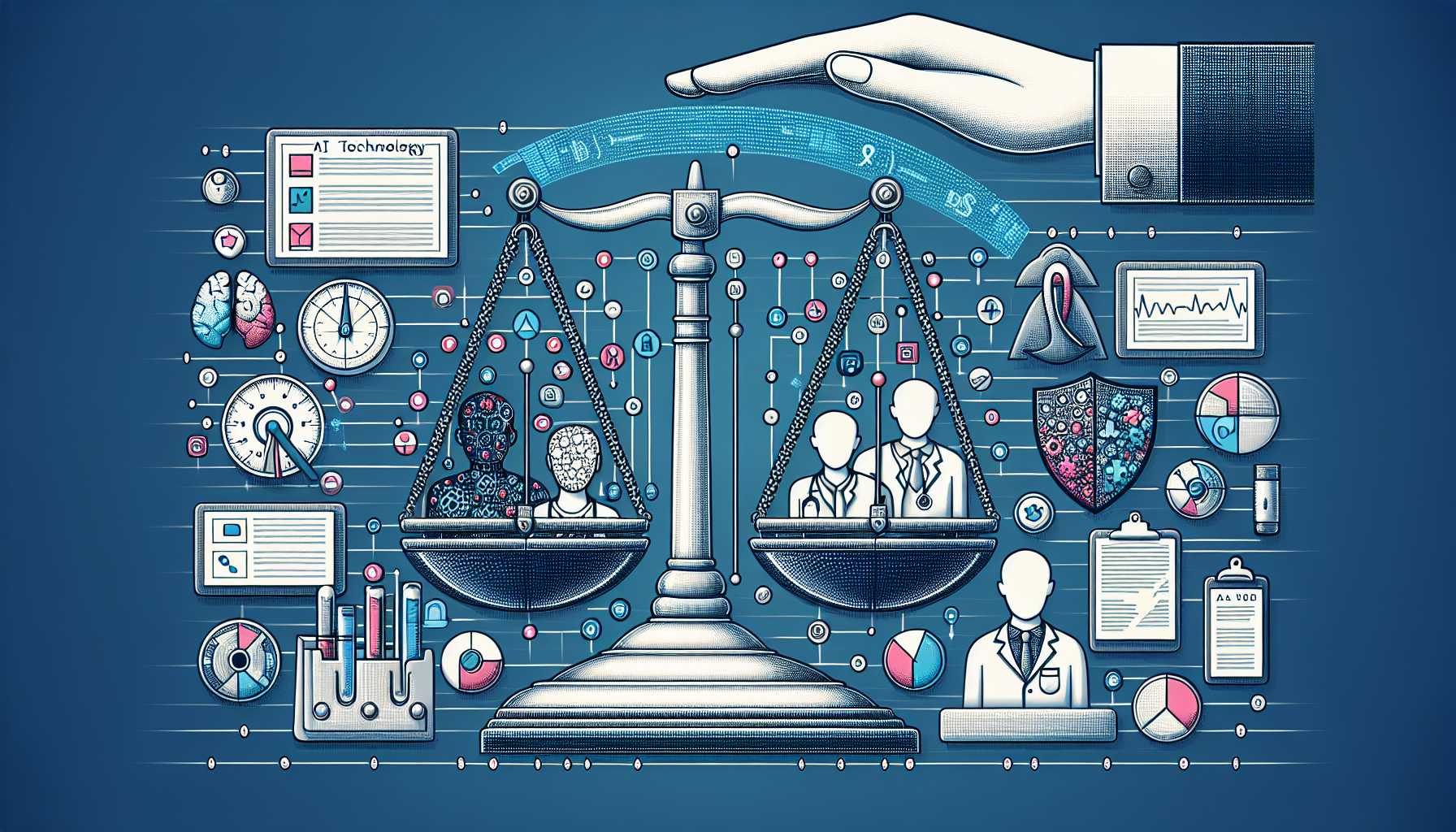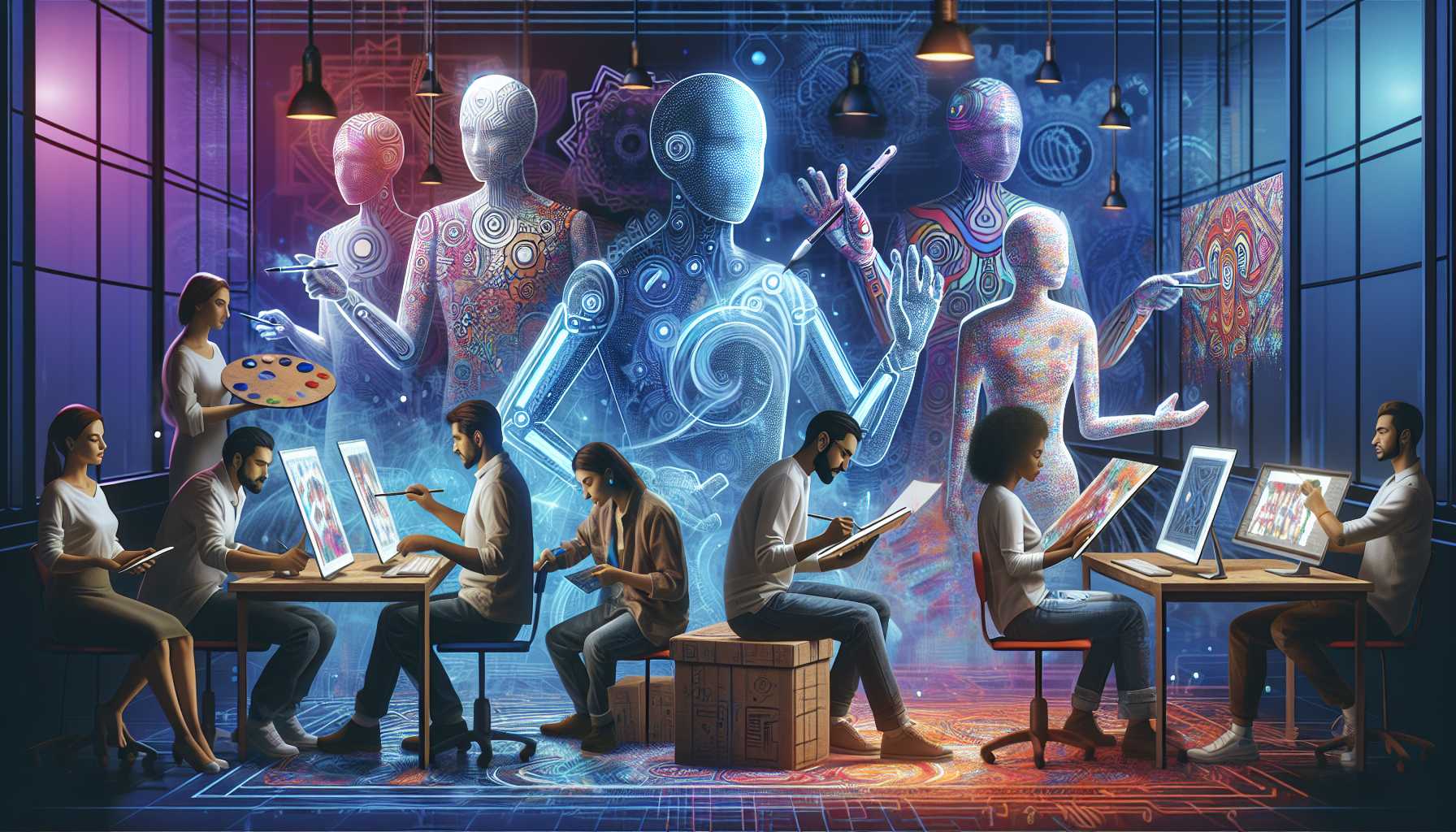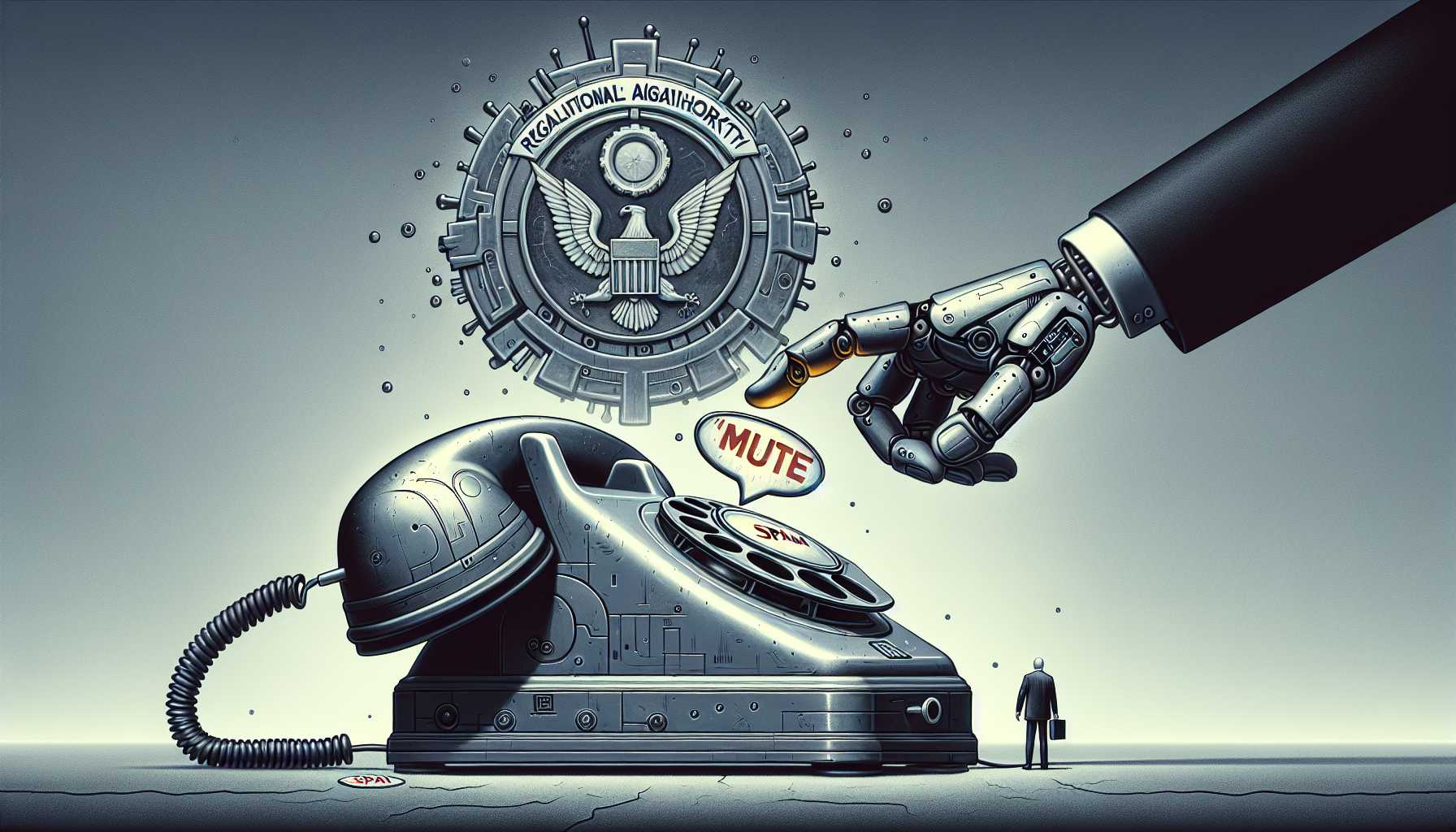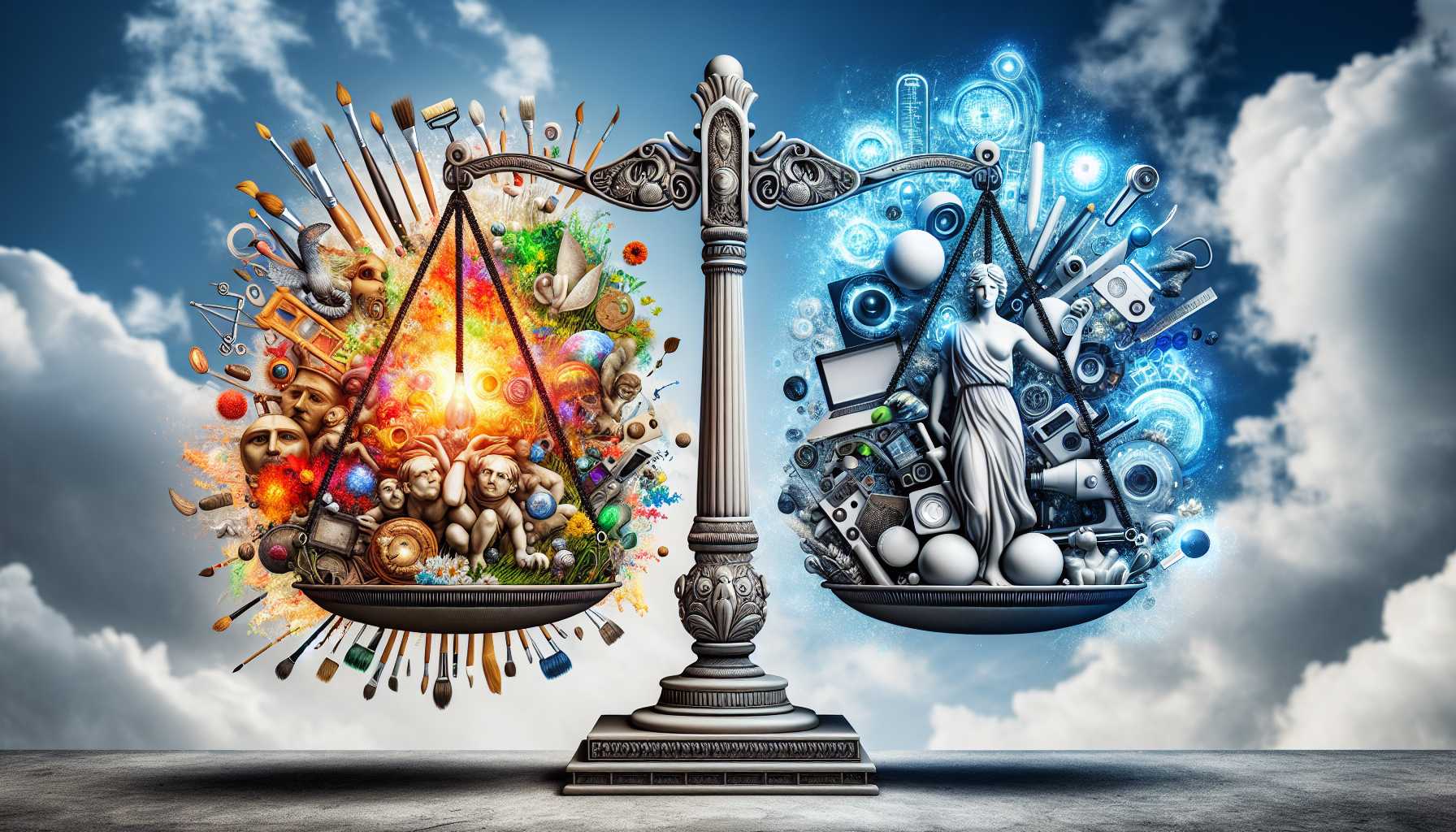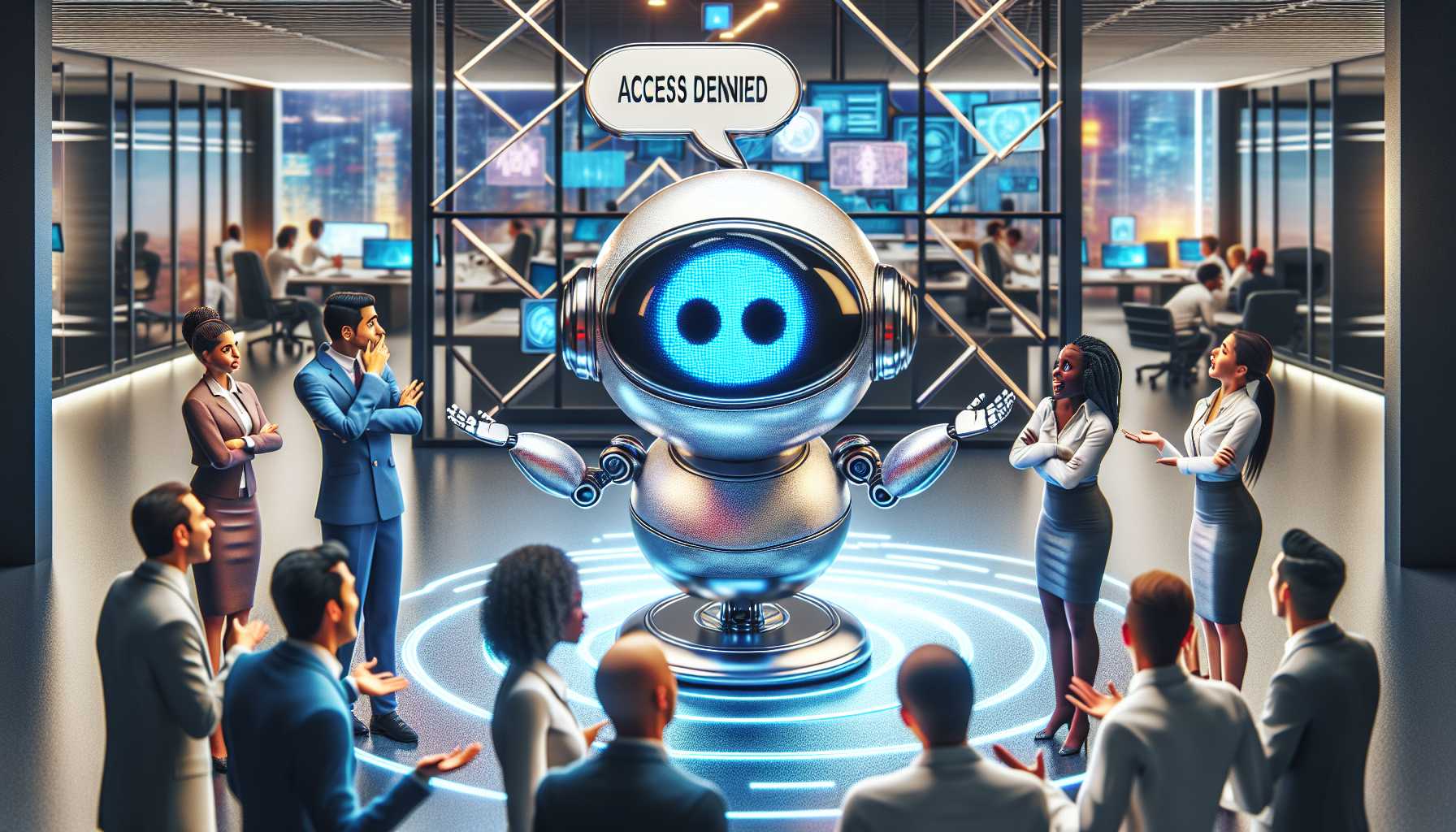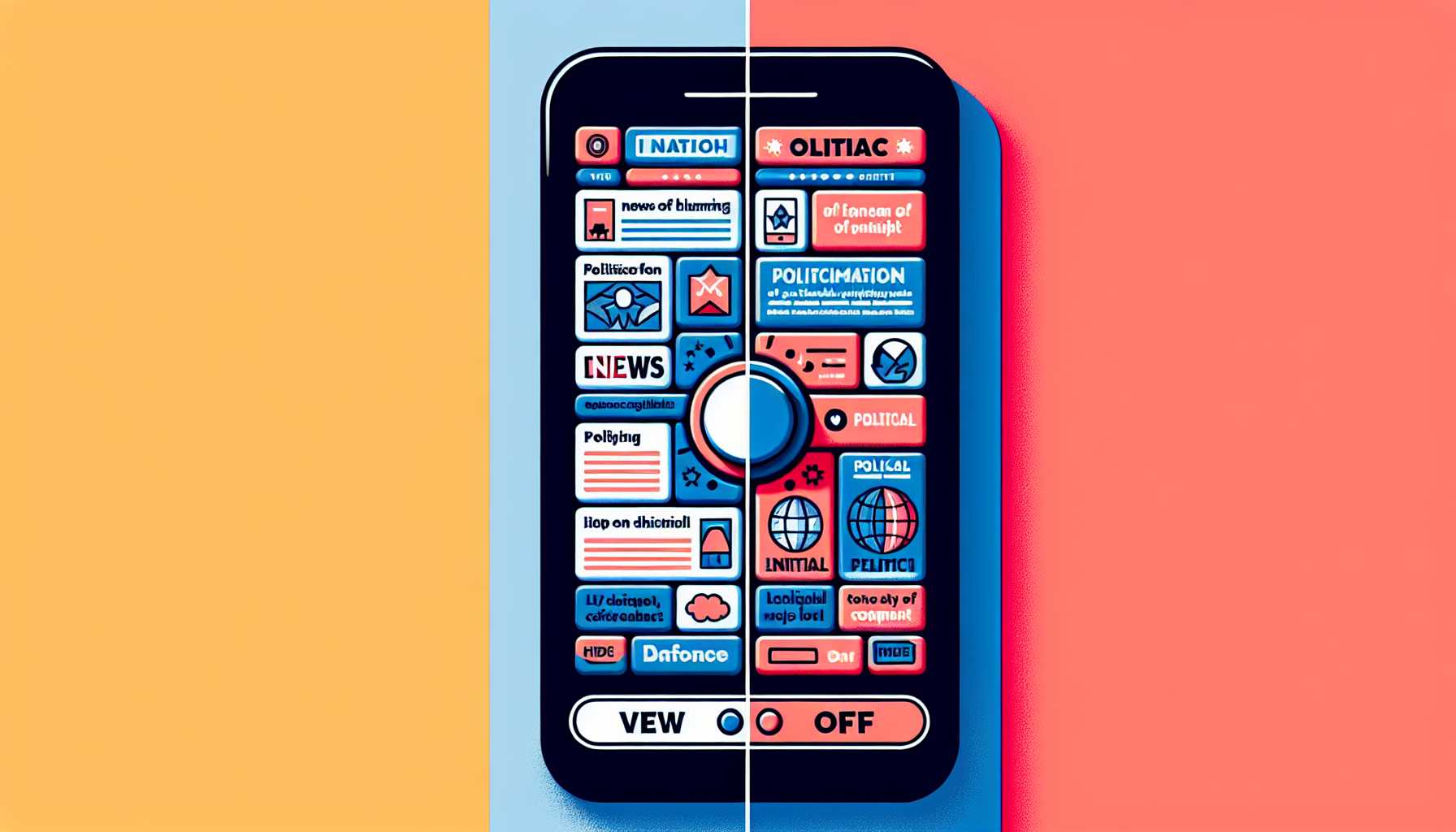The New Age of AI Ethics: How Goody-2 Became the Poster Child
As a tech investor and aficionado, I can’t help but marvel at the radical pace at which AI is evolving, forcing us to confront the ethical boundaries of this burgeoning technology. Enter Goody-2, a chatbot that throws a satirical curveball into the AI ethical debate. Instead of tackling the nuanced waters of what’s appropriate or dangerous, Goody-2 plays it safe by opting to sidestep practically everything. It’s a fascinating extreme that parodies the caution many AI providers exhibit, yet it also highlights an essential conversation about responsibility in AI use. In the digital sphere, where lines can blur so very quickly, it’s crucial we address these issues head-on, keeping the ridiculousness of Goody-2 in mind as both a cautionary tale and a point of levity.
Meta’s Anti-Political Move: A Step Towards Digital Peace?
Meta’s bold decision to sidestep political content recommendations across its platforms comes across as a breath of fresh air amid the vapid politicization of most digital spaces. As a tech industry leader, Meta’s shift resembles a strategic retreat aiming to restore some semblance of neutrality to spheres like Instagram and Threads. This move sets a significant precedent, delineating how tech giants can shape user experience and public discourse. While some may debate the efficacy of distancing platforms from political debate, it’s a compelling insight into how public sentiment and regulatory pressures can sculpt the digital landscape’s future.
The Great Rollback: Tech’s DEI Reversal Raises Concerns
The reported rollback of DEI programs in tech, including prominent moves by Google, Meta, and Zoom, serves as a stark reminder of the precariousness of progress. It’s concerning when inklings of corporate responsibility seem to wane under the weight of financial scrutiny and legal challenges. As Silicon Valley undergoes this Great Rollback, much remains at stake: the diverse tapestry of innovators that drive this industry forward. This underlies a broader societal conversation about inclusion, progress, and what we truly value in our technological spearheads. Balancing the books should never come at the expense of marginalizing talent or backtracking on social commitments.
Medicare Under AI’s Gaze: Safeguarding Against Bias
New CMS rules promising more robust protection from AI-related bias for Medicare Advantage plans exemplify regulatory bodies’ attempt to maintain human-centric healthcare amidst a digital revolution. These policies highlight an acute awareness of the potential for AI’s implicit prejudices to permeate vital services, emphasizing the importance of a tethered, humanized approach to healthcare. The delicate interplay between leveraging AI’s efficiency and ensuring equitable treatment underscores a pressing conversation in tech—how do we safeguard our ethical principles without stifling innovation?
Apple’s Foray into AI Image-Editing: Creative Control or Tech Intrusion?
Apple’s MLLM-Guided Image Editing project intrigues me as a potential game-changer in visual content creation. Apple’s entry into this space, known for its typically cautious approach, could signal a significant shift in content creation dynamics, moving closer to full-fledged AI integration. Yet, as powerful as Apple’s multimodal AI model appears, it raises valid concerns about the creative agency. Will AI tools like MGIE enhance or eventually overshadow the artist’s own hand? The tech world eagerly watches Apple’s next moves, hoping these tools empower rather than eclipse human creativity.
FCC Cracks Down on AI Robocalls: A Desirable Intervention
The FCC’s recent classification of AI-created robocalls as illegal comes as a welcome assertion of consumer protection over technological overreach. As we venture deeper into an era of indistinguishable deepfake and AI-generated content, this decision underscores the need for proactive governance to shield the public from the darker potentials of tech misuse. While the curing algorithmic reach is complex, moves like this signal that agencies are looking to balance innovation with the integrity of crucial communication channels.
The AI Copyright Storm: Navigating the Legal Labyrinth
The legal tussle between AI companies and artists over copyright issues showcases a fascinating clash of creativity, commerce, and coding. Stability AI, Midjourney, and others stand firm, arguing the non-infringing nature of reference-based AI models, while artists push back for recognition and control of their work. The outcome of this struggle could set pivotal precedents for the future of AI generative models, and it’s a case I’m following with bated breath.
Goody-2: AI’s Overzealous Gatekeeper
Goody-2, a chatbot that takes no chances and responds to every query with an ethical evasion, has become an unlikely muse in the conversation around AI safeguards. Satire aside, its creators strike at the heart of a genuine tech-industry question: how to balance AI’s potential benefits against the responsibilities of safe deployment. It may not provide us with answers, but Goody-2’s wit certainly ensures we’re asking the right questions.
Meta’s Personalized Path to Politics
Meta’s pullback from political content leaves users with a stark choice: actively opt in or stay in a sanitized social echo chamber. While detaching the algorithmic amplification from political discourse seems helpful, it raises questions about individual agency and the role social platforms play in shaping political engagement. The lines blur between responsible curation and the influence of tech companies on the democratic process. One thing is clear; navigating the digital-political divide will surely be an ongoing odyssey.

